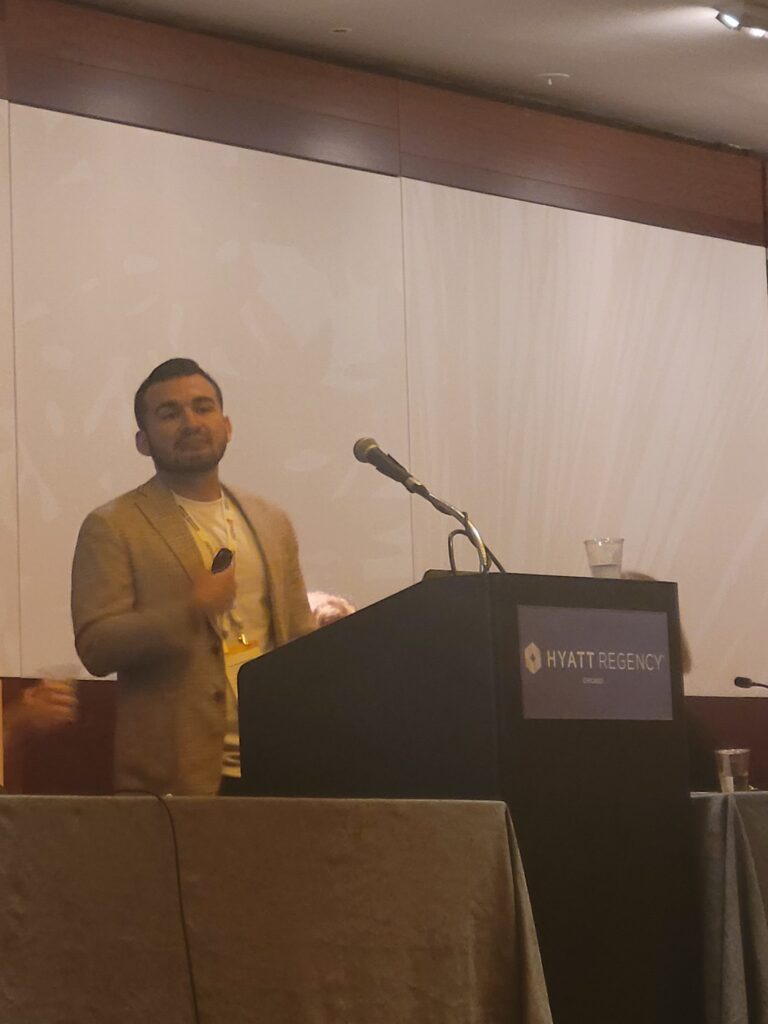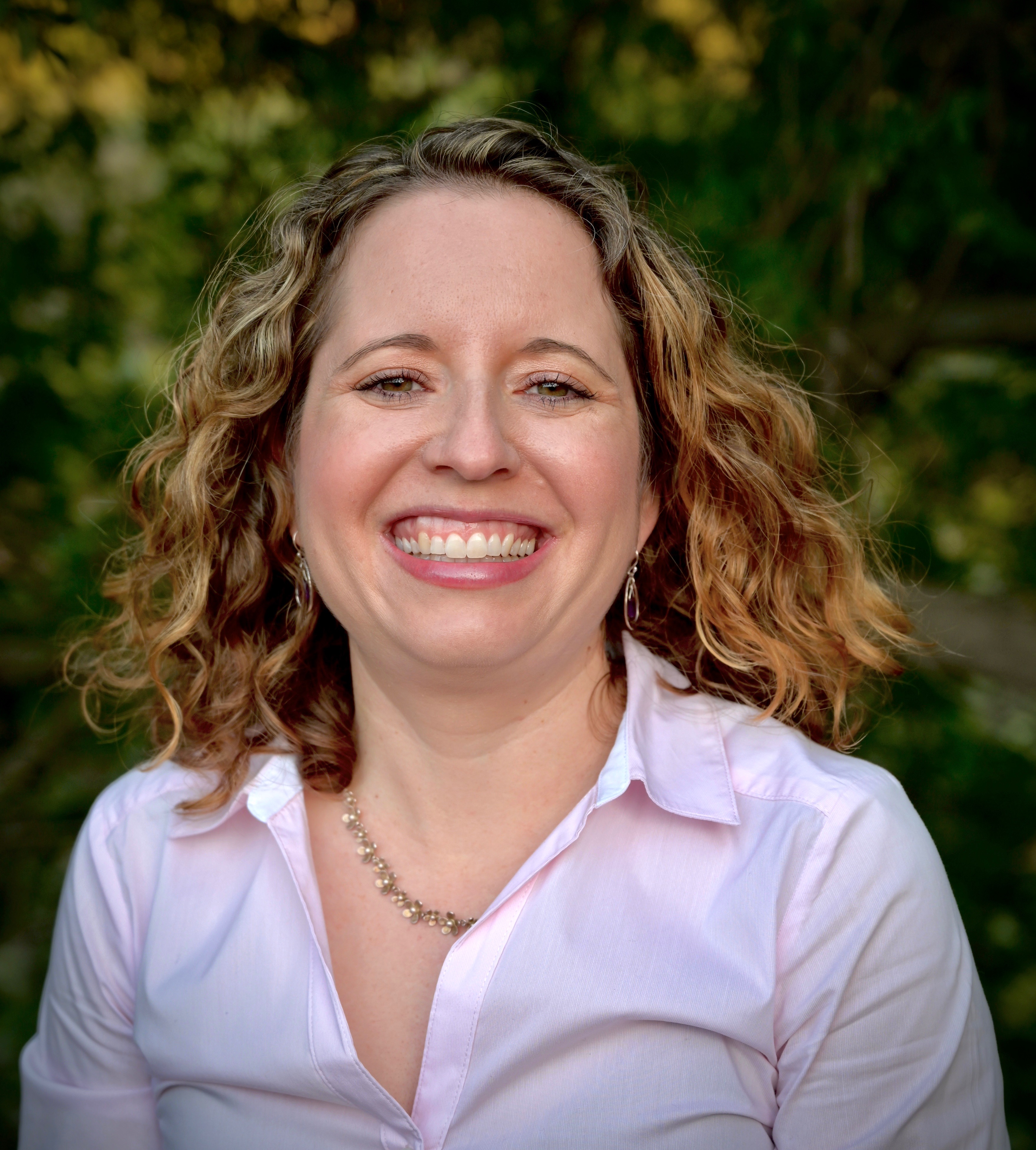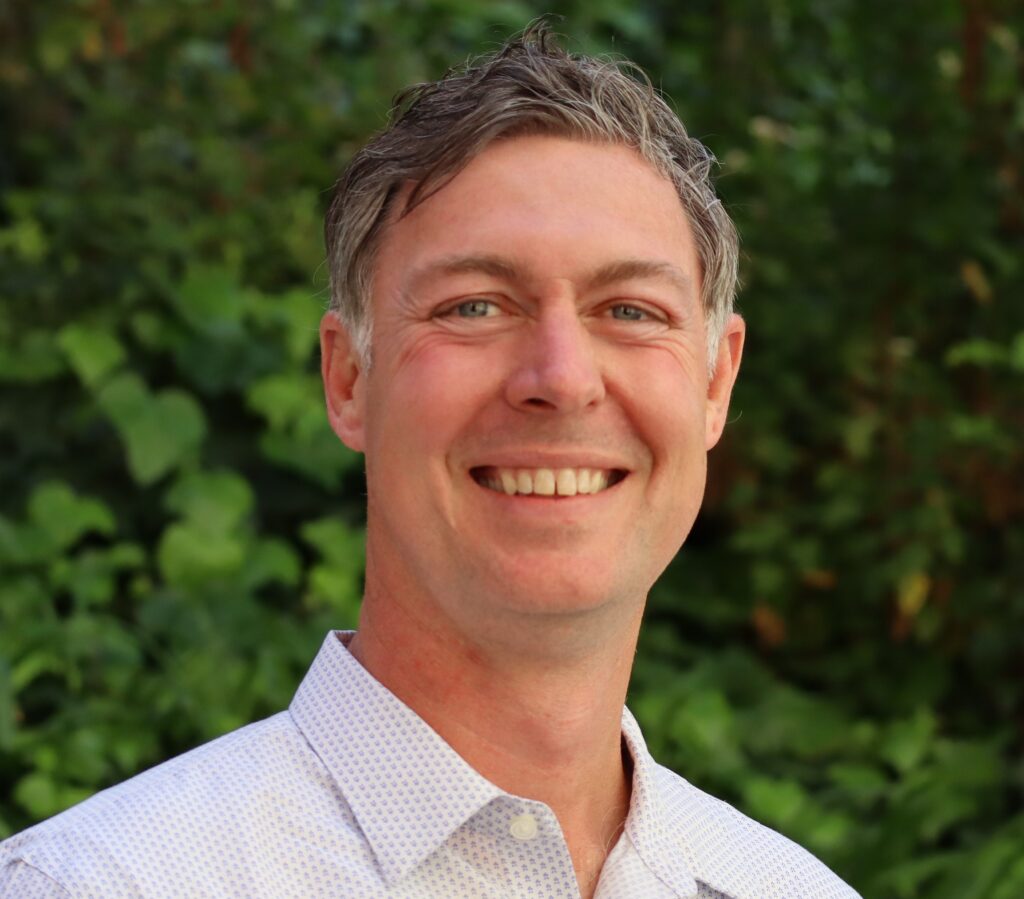
Outreach
Translating Research to Practice
In our lab, we value the production of knowledge that contributes to scientific knowledge in social psychology, motivation science, and education. In our view, however, producing knowledge is necessary but not sufficient for meeting our goals. We view the translation of research to practice and the communication of how to apply our research findings to communities that will benefit from it as essential to our mission. We carry out this part of our mission in a wide variety of ways, and on this page we provide a few examples.
Professional Development Courses
To improve equitable student outcomes, we must change policies and behaviors throughout our educational institutions, rather than trying to “change” the students.
Although we do not have an in-house curriculum development team, we work closely with other organizations to develop and facilitate professional development opportunities. For example,in his work with Motivate Lab, Dr. Thoman helped create the Motivating Learners Course (MLC). The MLC is a professional development course drawn heavily from motivation science and education research on learning mindsets. This two-part, hands-on course equips instructors to kick off their courses with motivationally-supportive tools and language designed to excite students for the semester ahead and sustain that motivation via pedagogical practices.
With support from the College Futures Foundation and the California State University GI 2025 program, we have been able to offer this course (free of charge) to hundreds of instructors across several California State University campuses. Motivate Lab uses the MLC as a key professional development tool in its partnerships with several state higher education systems.
For more information, visit the Motivate Lab
Workshops and Talks
Members of our team frequently share ideas and strategies for translating our research into practice. We develop and deliver tailored workshops and talks for a variety of audiences, often focusing on how and why to develop more inclusive practices in STEM classrooms and research labs.
Below, we list a few representative examples of recent workshops/talks. If you’re interested in requesting a workshop or talk for your group, please contact Dr. Thoman at dthoman@sdsu.edu



Creating an inclusive research lab
University of California San Diego NIH IRACDA (Institutional Research and Academic Career Development Award) Postdoctoral Fellow Program.
Hernandez, I.A. & Thoman, D.B. (2023, February).
Investigating the culture of STEM, student identity development, and student motivation within STEM research labs.
Cal Poly Pomona Biology Department Biology Seminar Series.
Hernandez, I.A. & Thoman, D.B. (2023, March).
The Hidden Curriculum in STEM.
San Diego State University Maximizing Access to Research Careers Program.
Hernandez, I.A. (2023, April).
Strategies to navigate academic environments.
San Diego State University HSI STEM Pathways Project.
Hernandez, I.A. & Thoman, D.B. (2022, June)
Diversity interventions in the classroom: From resistance to action.
California State University STEM-NET ECH Core Research webcast.
Thoman, D.B. (2022, May)
Online with LSE Webinar, American Society for Cell Biology.
Thoman, D.B. (2022, April).
Fostering values and motivation in the wild.
Institute for Conservation Research, San Diego, CA.
Thoman, D.B. (2019, April).
Advisory Boards and Service
We see ourselves as part of a large community of people who share the goals of inclusive and equitable student success. Through a wide variety of roles, we share our time and expertise with others in this community who are designing and implementing programs to support student success. Many former students and lab members have served on a wide range of organizations after leaving our lab, but here we share examples of organizations that members of our team advise or consult with actively.


